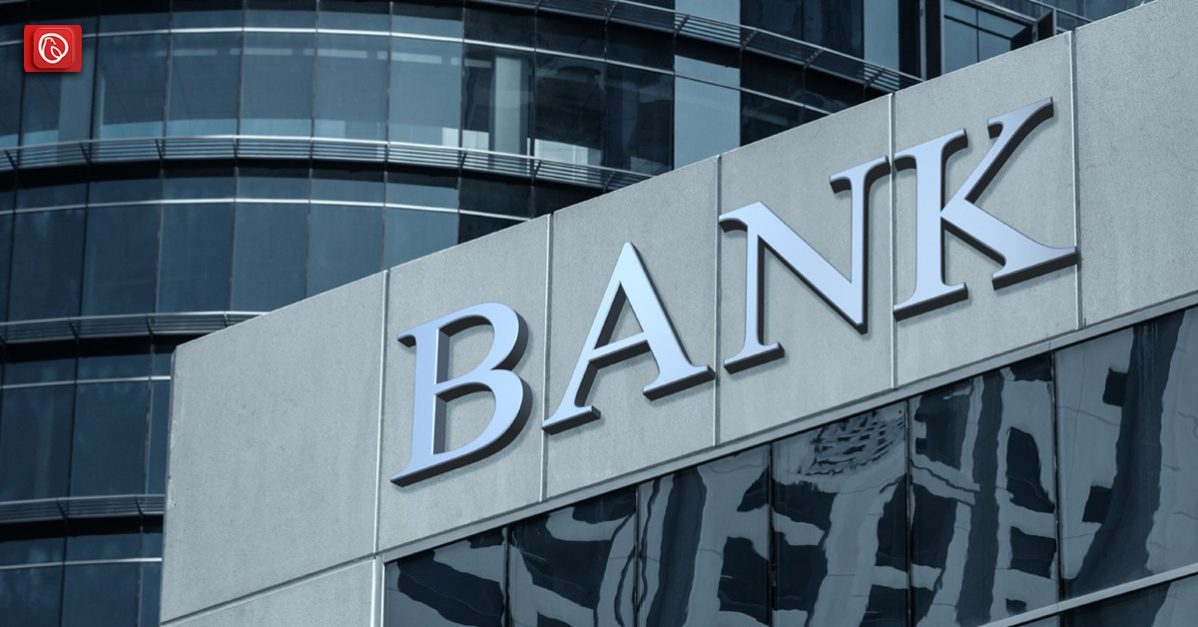In the last two decades, the banking sector of Pakistan has undergone a significant transformation, transitioning from conventional banking methods to modern systems. Despite the global economic recession impacting banks in Pakistan, the industry remains one of the most promising ones in the country, serving as a vital platform for economic growth.
Twenty-two scheduled banks are operating in Pakistan, with five belonging to the public sector and fifteen to the private sector. Moreover, seventeen out of the twenty-two banks have Islamic banking operations. Although foreign banks have faced challenges due to political instability and wars in the past, the future of international banks in Pakistan appears promising.
Graana.com provides a detailed overview of the international banks currently operating in the country and explores the potential for further growth in this sector.
International Banks Versus Local Banks in Pakistan
Local and international banks in Pakistan differ in several ways:
Presence
International banks are international organizations with a worldwide presence, while local banks are domestic financial institutions focusing on Pakistan.
Network
Compared to local banks primarily concerned with serving customers within Pakistan, international banks often have a bigger global network of branches and ATMs.
Services
Foreign currency exchange, international banking, trade finance, and cross-border investment opportunities are just a few services that international banks frequently provide. Local banks, on the other hand, might place a greater emphasis on conventional banking services like loans, savings accounts, and assistance for small local businesses.
Global Connectivity
For clients with demands related to international finance, including international remittances, foreign currency transactions, and international investment opportunities, international banks offer improved connectivity and accessibility. They frequently have exceptional services and devoted staff for cross-border transactions.
Local knowledge
Local banks better understand Pakistan-specific consumer needs, the local market, and the regulatory landscape. They might be more knowledgeable about regional industries, offer regionalized goods, and offer specialized services catered to the requirements of regional clients.
International banks are subject to Pakistani local laws and laws from their home nations regarding regulations. Being domestic organizations, local banks are generally governed by the rules established by the State Bank of Pakistan, the nation’s central bank.
Brand Recognition
Compared to local banks, international banks, especially those with a strong global presence, may have a better reputation for their brands. This may impact customers’ perceptions and preferences.
Risk management
Due to their exposure to numerous markets and currencies, international banks frequently employ more advanced risk management techniques. In comparison to local banks, they might have more substantial capital buffers and more sophisticated risk assessment processes.
It’s important to note that local and foreign banks each have their benefits and target various customer groups. The decision between the two is based on personal preferences, needs for international services, accessibility, knowledge of the local market, or a desire for a certain brand.
Why People Choose International Banks
- Global presence and accessibility
- Expertise in handling international transactions
- Diversified investment opportunities
- Broader range of financial services
- Technological advancements and digital banking features
- Established reputation and trust
- Access to specialized expertise
- Potential for privacy and confidentiality.
It’s important to note that choosing an international bank depends on individual circumstances, financial goals, and specific requirements. Different individuals may prioritize various factors when selecting a bank, and it’s advisable to consider factors such as fees, services, accessibility, and local market expertise before making a decision.
List of International Banks in Pakistan
The banking sector of Pakistan has played a pivotal role in the country’s economic development. Over the years, it has witnessed substantial growth and transformation, adapting to global financial trends.
International banks have further strengthened the sector by introducing modern banking practices and providing access to a wide range of financial services.
Standard Chartered Bank
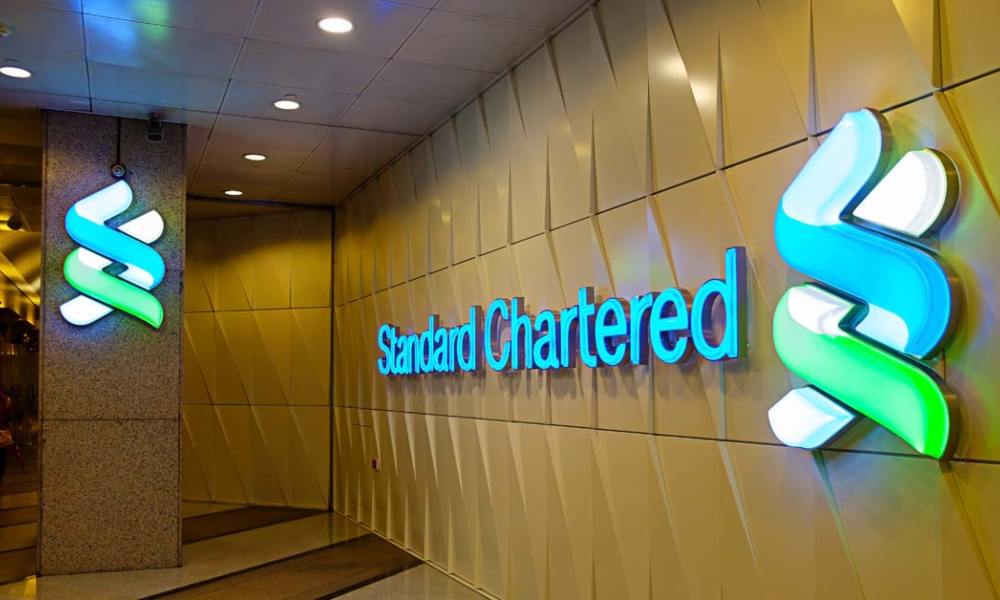
Standard Chartered is a leading global bank in Pakistan that offers a wide range of financial products and digital banking services across personal, business, and Islamic banking segments. It has been operating in Pakistan since 1863, and has a network of over 100 branches and 200 ATMs across the country.
Some of its innovative products and services include:
- SC Digital Account: A fully digital account that can be opened anytime and anywhere with just a few clicks. It offers attractive interest rates, home loans, free ATM withdrawals, discounts on dining and shopping, and more.
- SC Sahar Women’s Account: A tailor-made account for women that suits their needs and aspirations. It offers exclusive benefits, such as free health insurance, a free locker facility, preferential rates on loans and deposits, and more.
- Roshan Digital Account: A special account for non-resident Pakistanis that facilitates the process of investing in Pakistan’s stock market, real estate, Naya Pakistan Certificates, and other opportunities. It also offers convenient remittance services, foreign currency conversion, and tax exemptions.
- SC Mobile Key: This is a secure and convenient way to authenticate online banking transactions using the SC Mobile App. It eliminates the need for physical tokens or SMS OTPs and enhances online banking security.
- Saadiq Roshan Digital Savings Account: A Shariah-compliant savings account based on the Mudarabah principle that offers attractive profit rates, online banking access, and Roshan Digital Account features.
Deutsche Bank AG

Deutsche Bank AG, headquartered in Frankfurt, Germany, is another prominent international bank that has been operating in Pakistan since 1962. It has established a strong presence in the country over the years, and employs around 100 people in its branches in Lahore and Karachi.
It offers a range of services, including investment banking, corporate services, treasury solutions, trade finance, cash management, fixed-income sales, and foreign exchange. There are indications that the bank plans to further expand its operations in Pakistan.
Citibank N.A
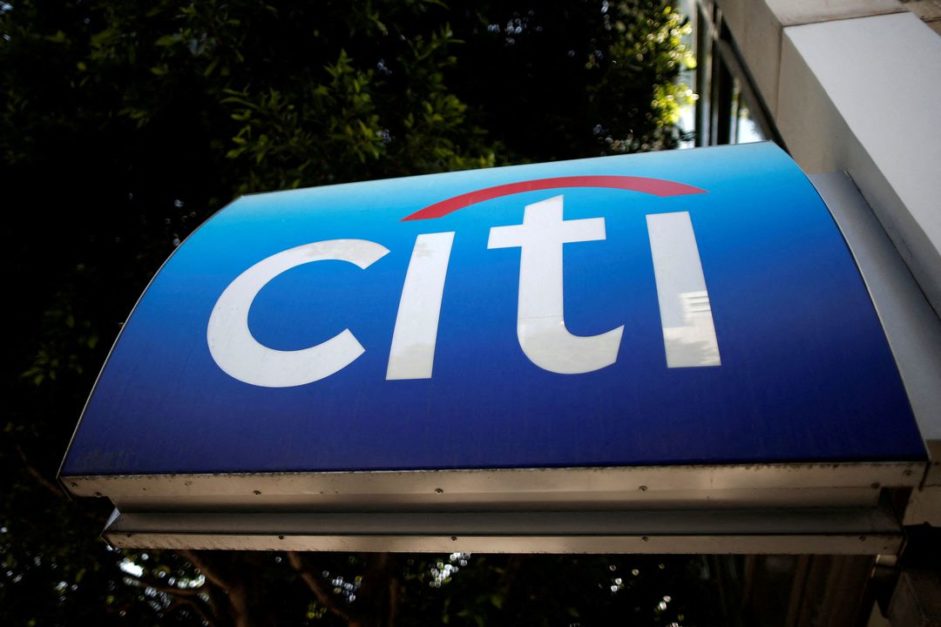
Citibank N. A is a well-known international bank with over 2,640 branches worldwide, primarily located in the United States and Mexico. The bank has been present in Pakistan since 1961, operating as an Institutional Client Group (ICG) franchise.
Citibank was one of the early foreign banks to introduce credit cards and consumer asset financing in Pakistan. It has also been actively involved in facilitating the issuance of Pakistan’s first foreign currency Sukuk. With branches in cities like Lahore, Karachi, and Islamabad, Citibank has been a top choice for international transactions.
Industrial and Commercial Bank of China Limited (ICBC)
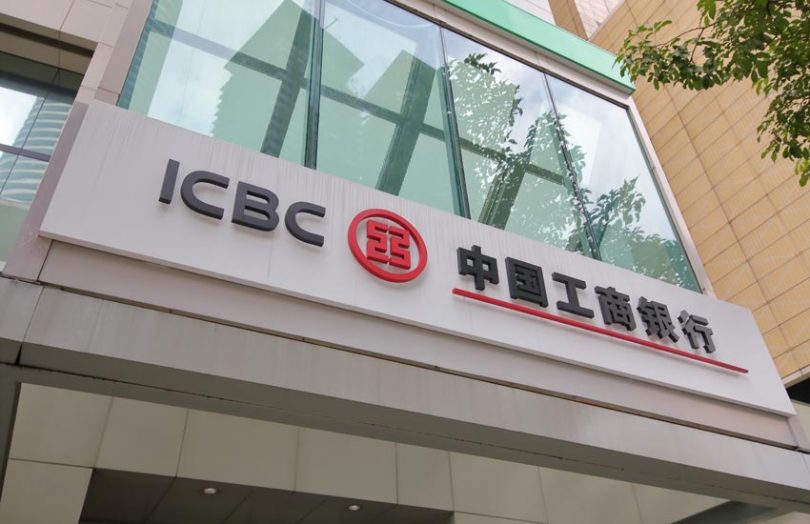
Industrial and Commercial Bank of China Limited is a multinational bank owned by the state of China. It holds the distinction of being the largest global bank in 2017 and 2018. ICBC established its branch in Karachi on May 20, 2011.
The bank offers a wide range of services, including deposit/foreign currency deposit, foreign exchange, trade finance, and remittance. With its strong financial backing and expertise, ICBC contributes to the development of Pakistan’s banking sector and plays a crucial role in supporting economic activities between Pakistan and China.
Bank of China (BOC)
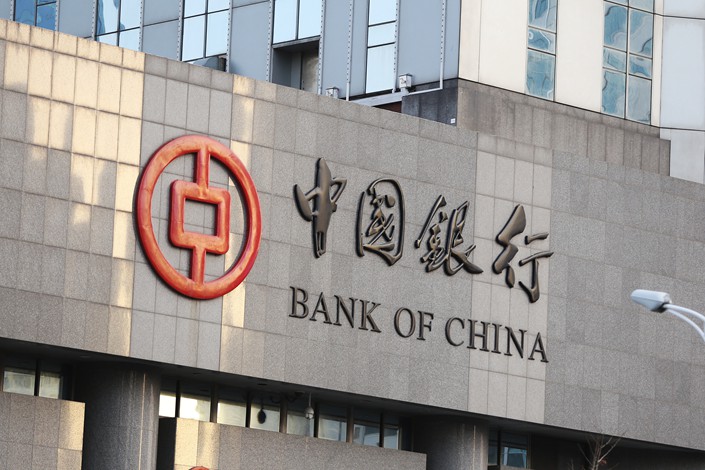
Bank of China, a Chinese national bank headquartered in Beijing, has had a longstanding association with Pakistan. It first launched its operations in 1942, but was suspended after the separation of West Pakistan. In 2017, BOC recommenced its operations in Pakistan by opening a branch in Karachi.
The bank focuses on financing projects related to the China-Pakistan Economic Corridor (CPEC). As a key player in promoting economic cooperation between China and Pakistan, BOC contributes to infrastructure development and facilitates bilateral trade and investment.
Future of Foreign Banks in Pakistan
The list of foreign banks in Pakistan is relatively short due to past concerns regarding political instability and terrorism. However, as the country’s banking sector demonstrates a promising future, it is likely that more foreign banks will consider entering the Pakistani market. The government has taken several initiatives to improve the business environment and attract foreign investment.
With a stable and growing economy, increased security measures, and supportive regulatory frameworks, Pakistan presents opportunities for foreign banks to expand their operations and tap into a dynamic consumer market.
The presence of international banks in Pakistan has various benefits. They bring advanced banking practices, technology, and expertise to the local banking industry.
Customers gain access to a broader range of financial services, including innovative products and solutions. International banks also contribute to job creation and skill development in the local workforce.
Conclusion
The banking sector of Pakistan has witnessed significant progress and transformation over the last two decades. International banks, such as Standard Chartered Bank, Deutsche Bank AG, Citibank N.A, Industrial and Commercial Bank of China Limited (ICBC), and Bank of China (BOC), have played a vital role in shaping the industry.
They have brought the best practices, extensive networks, and a wide array of financial services to cater to the needs of Pakistani businesses and individuals. The future of foreign banks in Pakistan looks promising, with the potential for further growth and expansion in the coming years.
FAQs
1. What are the advantages of banking with international banks in Pakistan?
It offers advantages such as access to a broader range of financial services, advanced banking technology, global expertise, and the convenience of international transactions.
2. Can individuals access Islamic banking services through international banks?
Yes, many international banks in Pakistan have obtained licences for Islamic banking, and offer Sharia-compliant products and services to cater to the growing demand for Islamic banking in the country.
3. Are there any other foreign banks considering entering the Pakistani market?
While the number of foreign banks in Pakistan is currently limited, the improving business environment and economic prospects have generated interest among foreign banks. It is expected that more foreign banks will explore opportunities to enter the country’s market in the future.
4. How do international banks contribute to Pakistan’s economic growth?
International banks bring expertise, investment, and advanced financial solutions that support economic activities, facilitate trade and investment, and contribute to the overall growth of Pakistan’s economy.
5. What factors should customers consider when choosing an international bank in Pakistan?
Customers should consider factors such as the bank’s reputation, financial stability, range of services offered, fees and charges. Furthermore, the convenience of the large number of branches and ATMs, online and mobile banking facilities, customer service quality, and the bank’s understanding of the local market and regulatory environment.
